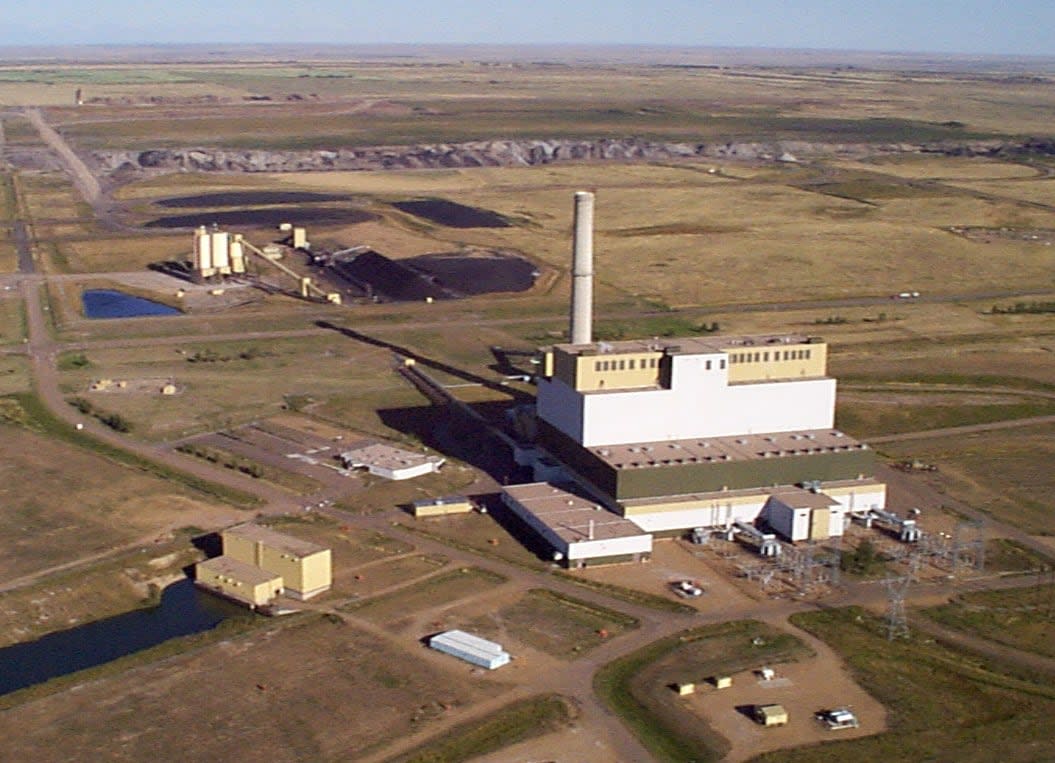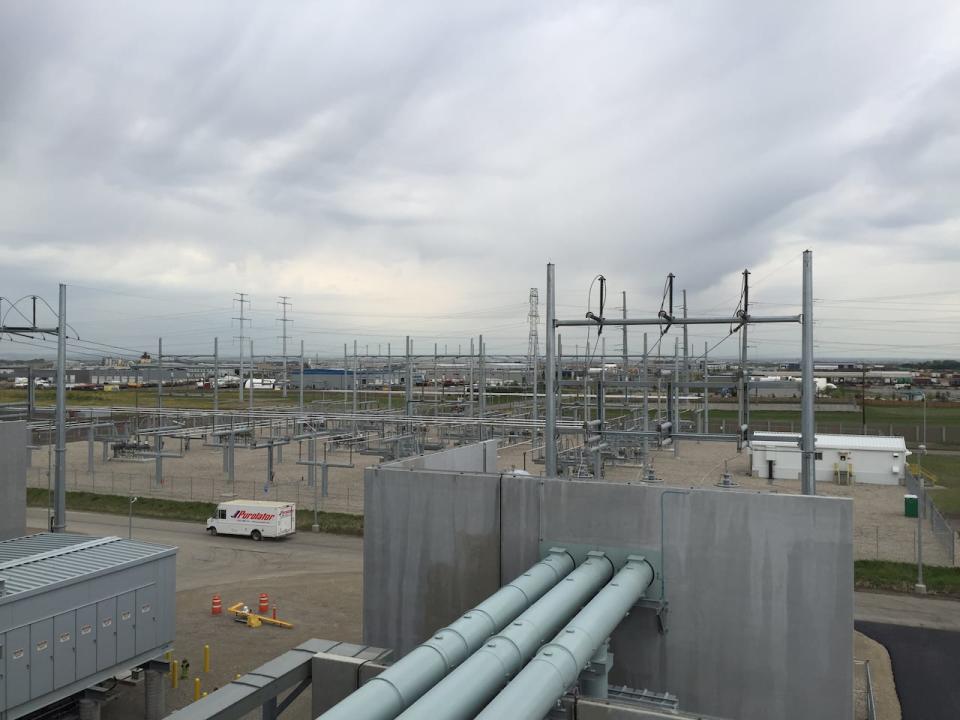How 'economic withholding' is impacting Albertans' power bills and why even the premier is watching

Alberta's electricity market can be a complicated subject, but consumers generally understand that prices for electricity have soared.
Experts say one of the main reasons is something called "economic withholding."
In Alberta, electricity generators are allowed to hold back all or some of their electricity supply, then offer it to the Alberta Electric System Operator (AESO) at a higher price. It's an intentional — and legitimate — practice that boosts wholesale prices and profits. The province's Utilities Consumer Advocate provides full details here.
The roughly 550,000 customers on the regulated rate option (RRO) who haven't signed a fixed-rate contract with a competitive retailer are subject to those wildly fluctuating prices.
A cap earlier this year held prices at 13.5 cents per kilowatt hour. Since the cap was removed in April, prices have soared.
Enmax, Epcor and Direct Energy Regulated Services are now offering a RRO price of 32 cents per kilowatt hour.
While economic withholding is allowed in Alberta, the province's Market Surveillance Administrator (MSA) says the practice could trigger an investigation if the agency were to ever believe the big power generators, which include TransAlta, Enmax, Capital Power and Heartland, were colluding to increase wholesale prices — which affects consumers who are on the RRO.
"While the MSA cannot comment on specific investigations, economic withholding is not prohibited by the legislation or market rules and therefore has never been investigated as a potential contravention," wrote the CEO of the MSA in an email to CBC News.
The MSA also refers to the practice as market power or offer behaviour. The most recent snapshot of the practice is detailed in a recent quarterly report.
An Alberta economist who has researched the practice says the impact on prices is clear.
"I wholeheartedly agree that I think that the big driver of recent price increases is economic withholding," said David Brown, an economist at the University of Alberta who has studied the impact economic withholding has on consumer prices.
Love it or hate it, Brown says it's a part of Alberta's free-market system which is designed to encourage large-scale investment in electricity generation and allow those firms to recoup some of their costs.
"The idea is we're going to allow firms to earn some degree of short-run profits via economic withholding to cover these large fixed costs of investment."
TransAlta, Enmax, Capital Power and Heartland declined interview requests.
Premier: 'Something's broken'
The practice is raising the ire of some people and is on the premier's radar as well.
"One of the things that changed a few years ago is this concept of economic withholding," said Danielle Smith on her weekly radio call-in show on Aug. 19.
"I think too much power is being held back, prices are escalating too much and we're all paying the price for it," she said.
The premier added: "When the regulated rate option surges to 32 cents a kilowatt hour, that's a sign that something's broken."
Smith recently instructed one of her ministers to look at ways to reduce electricity costs for Albertans, including transmission and distribution charges and the potential phase out of the RRO.
The United Conservative Party government says it's exploring a possible end to the RRO, a rate that is sometimes used by people who can't sign a contract because of low credit scores or an inability to pay an upfront cash deposit to energy retailers.

Located on a 24-hectare site east of Calgary, the Shepard Energy Centre is Alberta's largest natural gas-fuelled power generating facility, which generates more than 860 megawatts (MW) of electricity to the provincial grid. (Scott Dippel/CBC)
Rise Calgary, which offers a program to help low-income Calgarians cover the cost of utilities, says there's isn't enough money in their fund to help everyone who applies.
"Unfortunately, the fund does tend to run out around the first of the month because a lot of people apply," said Salimah Kassam.
Alberta's New Democrats would like to see the cap on electricity rates reinstated, but it's not saying what the number should be.
"The idea is to cap it so it's not volatile ... where people cannot afford their bills," said Calgary-Glenmore MLA Nagwan Al-Guneid, the party's critic for energy and climate.
Al-Guneid says the province's decision to pause renewable energy projects will put more pressure on prices.
"The moratorium shuts down supply, it blocks companies and people from building more energy projects which will impact supply," she said.
Future of economic withholding
Alberta's minister of affordability and utilities says the UCP government is looking at the future of economic withholding, but Nathan Neudorf says they must tread carefully because disallowing the practice could result in supply disruptions and higher prices.
"That could actually have the opposite impact that we want. It could quite literally drive prices higher," he said.
"We don't want to exacerbate the problem," said Neudorf.
He says the government will address the issue of economic withholding, but not as a standalone issue.
"It's really a supply-demand issue, if we have the right amount of supply and good competition that will drive prices down and we want to make sure that we answer both of those questions over the next few months."
As far as another price cap is concerned, Neudorf provided this comment in an email Friday.
"We have just begun an inquiry into the renewable sector to better address issues of reliability and affordability. Albertans need more than a band-aid solution, we need to address the root of the problem. Alberta's government is looking for a long-term solution to address affordability challenges facing Albertans."
Brown, the economist, wants to remind Albertans that the power generator's ability to withhold supply will be impacted next year as a major plant (900 MW) is expected to come online.
"The forward market price curve is much, much lower in 2024 than it is today," he said.
But customers will have to wait.
"It's just currently we're in an unfortunate period of really elevated economic withholding."
Bryan Labby is an enterprise reporter with CBC Calgary. If you have a good story idea or tip, you can reach him at bryan.labby@cbc.ca or on Twitter at @CBCBryan.


